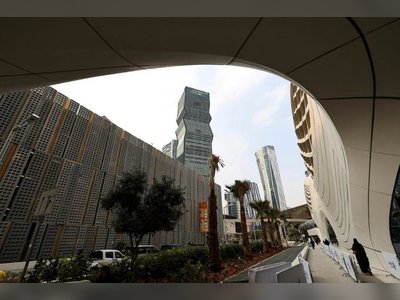
Skilled, Educated, and Washing Dishes: How Italy Squanders Migrant Talent
The Problem
A recent study by the European Commission found that 67% of non-EU workers in Italy are overqualified for their jobs. This means that they have university-level education but are working in low-skilled jobs. This is a significant problem for Italy, as it is losing out on the skills and talents of these migrants.
The Causes
There are a number of factors that contribute to the underutilization of migrant talent in Italy. One factor is the language barrier. Many migrants do not speak Italian fluently, which makes it difficult for them to find jobs that require good communication skills. In addition, the Italian education system is not always well-equipped to teach migrants the skills they need to succeed in the workforce.
Another factor is the lack of recognition of foreign qualifications. Many migrants have degrees and diplomas from their home countries, but these are not always recognized in Italy. This can make it difficult for them to find jobs in their field of expertise.
Finally, Italy has a relatively restrictive immigration policy. It is difficult for migrants to obtain permanent residency or citizenship, which makes it difficult for them to plan for the long term and invest in their future in Italy.
The Impact
The underutilization of migrant talent has a number of negative impacts on Italy. First, it means that Italy is losing out on the skills and talents of these migrants. These migrants could be contributing to the economy by working in skilled jobs, but instead they are stuck in low-skilled jobs. Second, the underutilization of migrant talent contributes to social inequality. Migrants who are forced to take low-skilled jobs are more likely to live in poverty and to experience discrimination. Third, the underutilization of migrant talent undermines Italy's reputation as a welcoming country. When migrants see that they are not being given the same opportunities as native-born Italians, they are less likely to want to come to Italy.
The Solution
There are a number of things that Italy can do to address the problem of underutilization of migrant talent. One thing that Italy can do is to provide more language training for migrants. This would help migrants to improve their Italian language skills, which would make it easier for them to find jobs that require good communication skills. In addition, the Italian education system could be reformed to better teach migrants the skills they need to succeed in the workforce.
Another thing that Italy can do is to make it easier for migrants to have their foreign qualifications recognized. This would help migrants to find jobs in their field of expertise. Finally, Italy could reform its immigration policy to make it easier for migrants to obtain permanent residency or citizenship. This would make it easier for migrants to plan for the long term and invest in their future in Italy.
The Future
The underutilization of migrant talent is a serious problem for Italy. However, there are a number of things that Italy can do to address this problem. By taking these steps, Italy can make the most of the skills and talents of migrants and create a more inclusive society.
Similar Problems in Other Countries
The problem of underutilization of migrant talent is not unique to Italy. Many other countries around the world struggle to integrate migrants into their workforces. In the United States, for example, a recent study found that 45% of immigrants are working in jobs that do not require a college degree. This is despite the fact that immigrants are more likely to have a college degree than native-born Americans.
The problem of underutilization of migrant talent is a complex one. There are a number of factors that contribute to this problem, including language barriers, lack of recognition of foreign qualifications, and restrictive immigration policies. However, it is important to remember that migrants are a valuable resource for any country. They bring with them skills, talents, and ideas that can benefit the economy and society. By taking steps to integrate migrants into the workforce, countries can reap the benefits of their contributions.











